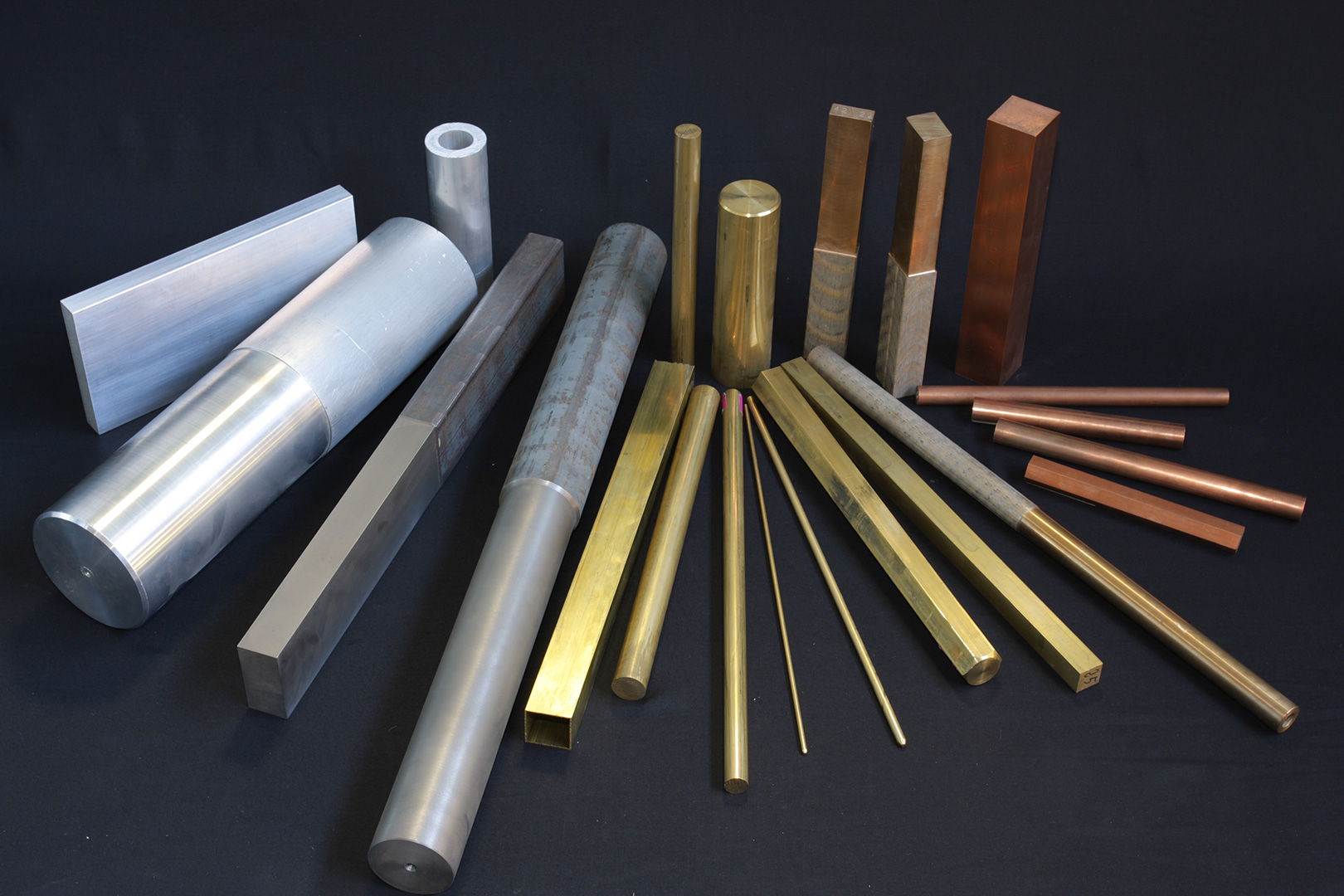
Compared to steel (C < 1,5%) cast iron has more hardness and, as a consequence, has more resistance to abrasion. It is more fragile and it has a lower thermal expansion coefficient.
Thanks to its excellent fluidity, cast iron is commonly used in the production of melting flows.
The main advantages are:
- Low on inclusions or air porosity
- High machinability
- Graphite particles that function as lubricant
- Grain is compact, homogeneous, thin
- Low allowance
- Good resistance to use, low friction coefficient
- High electric conductivity
- Good heat sink
- Resistance to hydraulic and pneumatic pressure
- High resistance to effort
- Corrosion resistance
- Low density, the specific weight is 10% lower than steel
Fields of application of cast iron
Continuous casting cast iron is largely used in many fields because of its resistance, the ability of soften vibrations and because it is also sound-absorbing. Moreover, it is a long-lasting material.
More information here


